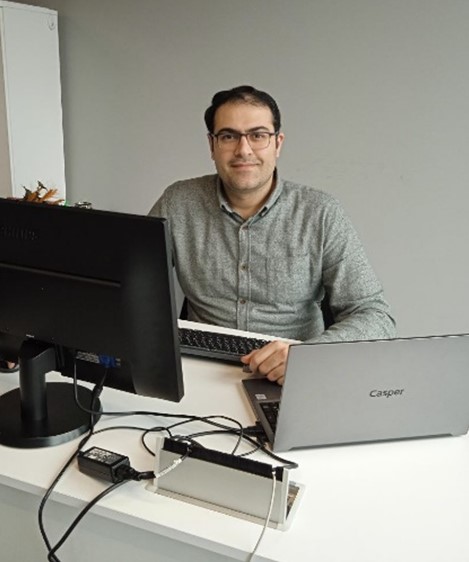Interview with Prof. Dr. Ali Zarrabi—Editorial Board Member of Bioengineering
We had the pleasure of speaking with Prof. Dr. Ali Zarrabi, an Editorial Board Member of Bioengineering (ISSN: 2306-5354), to discuss the recent research trends in the field and his personal career developments. We hope you enjoy the interview.

1. What are your research areas?
My research area is translational nano-bioengineering. It is a multi-disciplinary research field with the mission of performing cutting-edge fundamental and applied research, rooted firmly in nano- and bio-engineering, leading to the development of novel diagnostic/treatment methods for a range of diseases and conditions. Translation is the process of turning laboratory studies into results that directly benefit the health of individuals and the public. It will cover the entire range of basic science and pre-clinical discoveries in diagnostics and therapeutics.
2. What are the latest developments in your research field?
We have developed several bioengineered nano-composites for drug delivery, disease/biomarker diagnosis, tissue engineering (repair or replacement), and wound healing applications. In my research group, the young researchers will be given the opportunity to conduct collaborative research with other groups of highly diverse backgrounds and expertise. Our research spans many areas, including cancer, aging, pharmacology and toxicology, drug delivery, infection, and nutrition.
3. Can you briefly share your career development story? For example, what cases have influenced you the most?
Having seen the influence of interdisciplinary research on the health of society, I decided to become a part of this success story, even with a tiny contribution. I have continuously tried hard in the hopes of conquering the peak and planning for the next.
4. Do you have any valuable suggestions that you would like to share with young students and early career researchers?
Young students should not be discouraged if they do not reach their desired results immediately. They must keep going and try hard to find the way to go.
About the early career researchers, do not underestimate the following:
1. Group work;
2. The miracle of working with undergraduates.
The current student generation has numerous unmet capabilities that you could discover.
5. What do you think of the development of Open Access in publishing?
In my opinion, it is more than necessary to make the results of research available to the public. Especially now that the science development rate is higher than at any time in history, we should keep our findings open to contribute to universal development. Otherwise, our findings will be out of date soon after we publish them in a non-open manner.
We are thankful for Prof. Dr. Zarrabi's time and support of Bioengineering.
Prof. Dr. Zarrabi's contact information:
Email: alizarrabi@gmail.com
